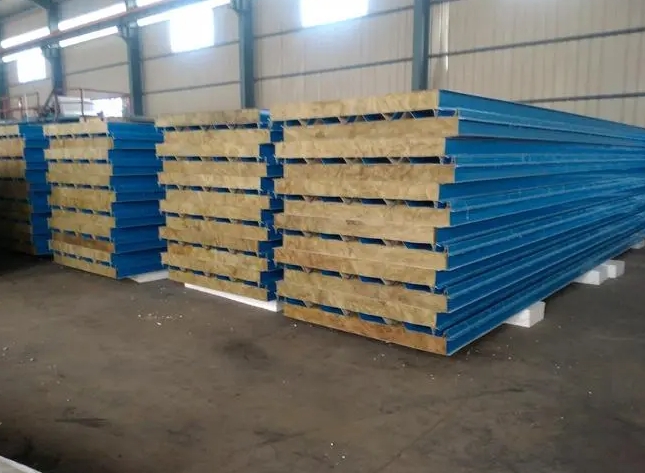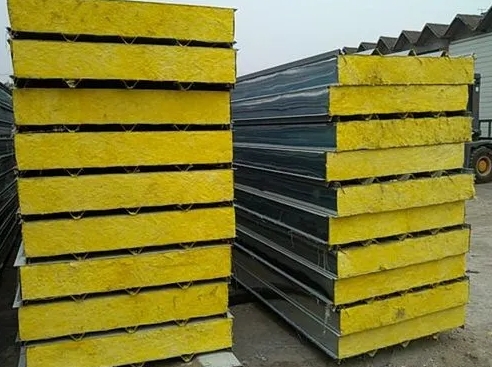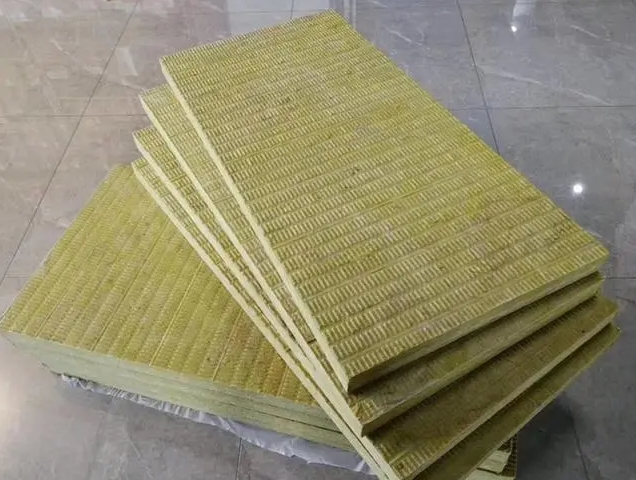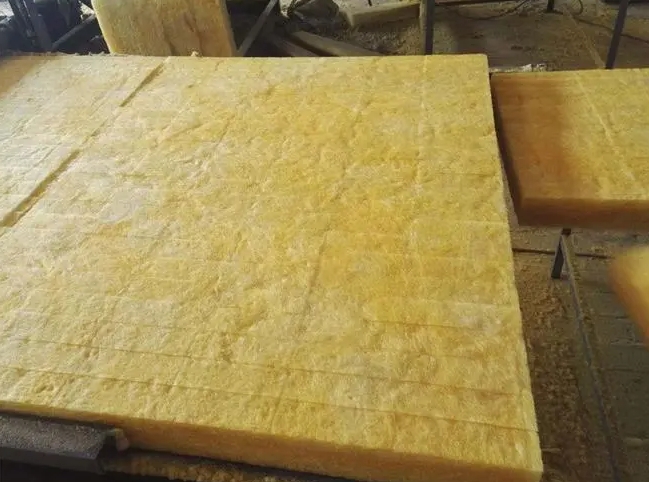
更新日期:2024-08-04 11:10:09 浏览次数:625
Rock Wool: A Versatile Insulation Material
Rock wool, also referred to as stone wool, is a versatile and widely used insulation material that has gained popularity due to its superior properties and environmental benefits. Derived from natural basalt rock and recycled steel slag, this product offers a sustainable solution for thermal and acoustic insulation in various applications.
Manufacturing Process
The production of rock wool involves melting the raw materials at high temperatures and then spinning them into fine fibers. These fibers are bonded together using a binder and then compressed into mats or boards, which can be cut into different shapes and sizes depending on the end-use application.

Key Properties and Benefits
Rock wool insulation boasts several key properties that make it an ideal choice for many construction projects:
1. Thermal Insulation: Rock wool provides excellent thermal insulation, helping to maintain comfortable indoor temperatures while reducing energy consumption for heating and cooling.
2. Acoustic Performance: Due to its fibrous structure, rock wool absorbs sound waves effectively, reducing noise transmission through walls, floors, and ceilings.
3. Fire Resistance: Rock wool is non-combustible and can withstand high temperatures without melting, making it a safe choice for buildings and structures.
4. Moisture Resistance: This material does not absorb water and does not promote mold growth, ensuring long-term durability even in humid conditions.
5. Durability and Longevity: Rock wool does not deteriorate over time and maintains its insulating properties for decades, providing long-term savings on maintenance and replacement costs.
6. Sustainability: Being made from abundant natural resources and often incorporating recycled content, rock wool is considered an eco-friendly option with a low environmental impact.

Applications
Rock wool insulation is utilized in a wide range of applications, including:
Residential and Commercial Buildings: For wall cavities, attics, floors, and roofs to improve energy efficiency and comfort.
Industrial Insulation: In industries such as petrochemicals, power generation, and manufacturing to insulate pipes, vessels, and equipment.
Agricultural Greenhouses: To provide insulation and water retention in growing media.
Automotive Industry: As a component in vehicle interiors for soundproofing and thermal insulation.

Conclusion
Rock wool stands out as a reliable and sustainable choice for insulation, offering a combination of performance, safety, and environmental benefits. Its widespread use across various sectors underscores its value as a critical material in modern construction and industry.

--
I hope this article meets your requirements! If you need further details or a specific focus, please let me know.